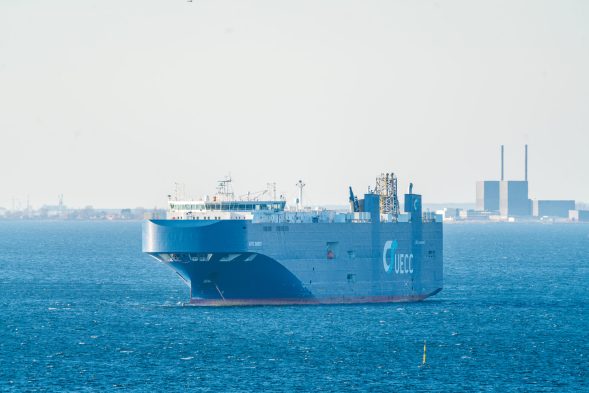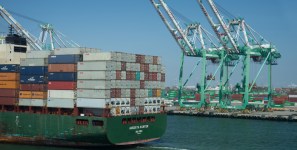Nuclear-Powered LNG Carriers: The Future of Zero-Emission Shipping?
The American Bureau of Shipping (ABS) has released a new report evaluating the potential of advanced nuclear technology to power commercial vessels, signaling a groundbreaking shift toward zero-emission maritime operations.
Read also: LNG: The Perfect Alternative Fuel for Your Business?
Small Modular Reactors for Maritime Propulsion
In collaboration with Herbert Engineering Corporation (HEC), ABS studied the integration of a high-temperature gas-cooled reactor (HTGR) into a 145,000m³ liquefied natural gas (LNG) carrier. The research delves into critical design aspects such as energy management, shielding, weight distribution, and hull reinforcement.
The report highlights that nuclear-powered vessels could achieve faster transit times and eliminate the need for frequent refueling, requiring only reactor replacements every six years. This technology offers a promising path to zero-emission operations, helping to address one of the shipping industry’s most urgent challenges—reducing its carbon footprint.
Challenges and Opportunities
While HTGR technology has been proven on land, adapting it for maritime use presents unique challenges. According to Patrick Ryan, ABS Senior Vice President and Chief Technology Officer, “This study shows that nuclear technology could address both emissions reduction and operational efficiencies. However, its application in the maritime sector is still in the early stages.”
The design of nuclear-powered LNG carriers features reactors placed at the vessel’s rear, with batteries replacing traditional fuel tanks. Enhanced hulls provide additional safety measures. Due to technical constraints, the report suggests that HTGR technology is best suited for larger LNG carriers.
Advancing Nuclear Propulsion in Shipping
The report forms part of ABS’s broader efforts to explore nuclear solutions for maritime applications. Recently, ABS introduced the industry’s first set of rules for floating nuclear power plants in partnership with the Idaho National Laboratory (INL).
The U.S. Department of Energy (DOE) has also acknowledged the potential of nuclear propulsion, awarding ABS a contract to explore barriers to adopting advanced nuclear technology in commercial vessels.
A Turning Point for Greener Shipping
With growing industry and government support, nuclear-powered LNG carriers could revolutionize maritime transportation by offering efficient, zero-emission operations. If realized, this technology may position nuclear propulsion as a pivotal solution for achieving greener shipping in the future.





Leave a Reply